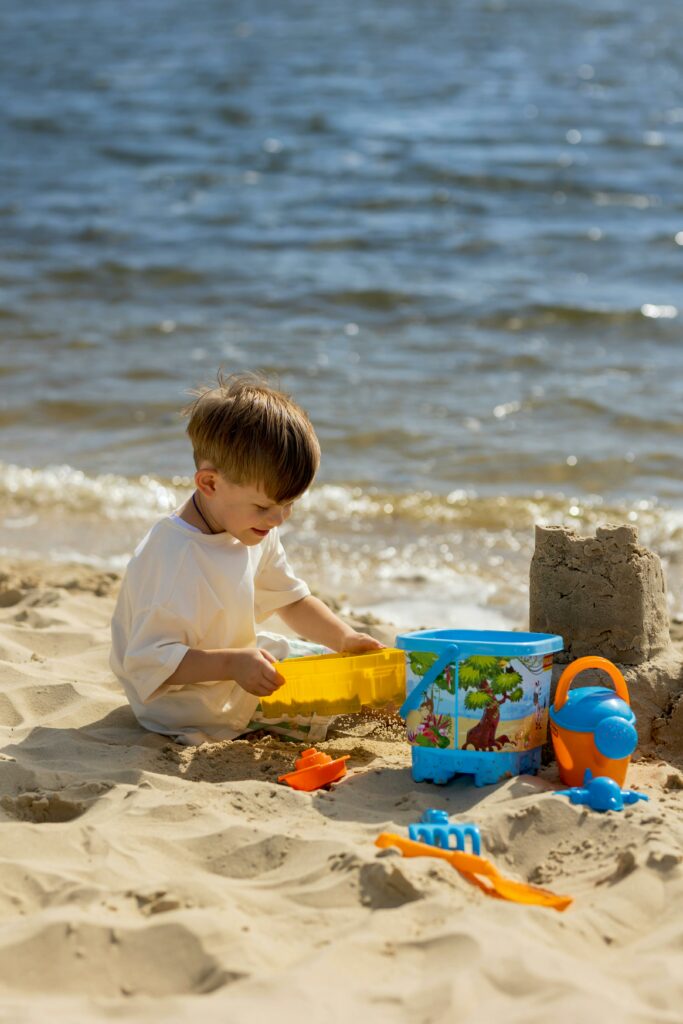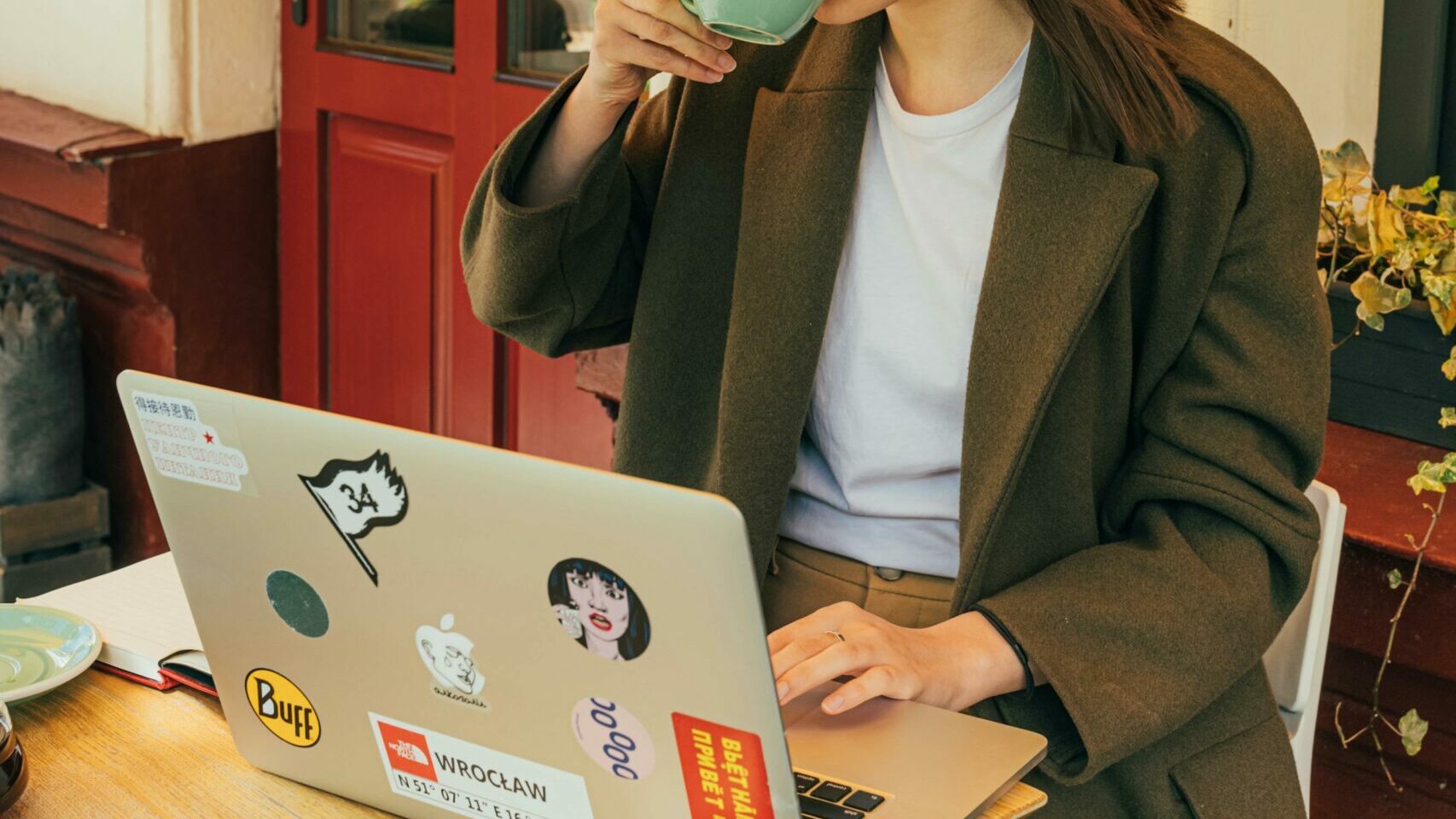How to Get Your Child to Play Alone (So You Can Finally Drink Your Coffee Hot)
Honestly, parenting would be 73% easier if kids could keep themselves busy for more than 90 seconds. What excellent news? Play by yourself isn’t only a dream. It is a skill that can be learnt and helps you be more creative, solve problems, and (let’s be honest) keep your sanity. This is how to take care of it without feeling bad.

First, change what you expect
For a child, “independent play” can mean stacking blocks for four minutes before wanting your attention. That’s normal. Start with little steps, like five-minute intervals, and praise each one. Sorry, but your purpose isn’t to keep them busy for hours on end. It’s to progressively stretch their focus muscles.
Make a “yes space” for them, a safe place where kids may explore without being told “don’t touch!” all the time. Change up the toys every now and again to keep things interesting, but don’t give them too many choices. Little brains get confused when there are too many options. Pro tip: Toys that don’t have a set purpose, like blocks, dolls, or painting supplies, are better for sparking creativity than showy, single-use technology.
Don’t give in to the impulse to micromanage
When they’re busy putting socks on their hands or lining up automobiles “wrong,” don’t say anything. Your role is not to fix things, but to watch. When you say “Here’s how you should do it…” every time you interrupt, you’re encouraging them to depend on what you say.
Play “side by side” first. While kids play, sit close and read your book. Slowly move farther away, from the same room to barely out of earshot. If kids complain, say, “I’ll check on you in three minutes” and set a timer. They often get into it before the time is up.
Don’t jump in to save them when they get bored (and they will). “I’m so bored” is where ideas come from. Instead of immediately giving them something to do, ask them, “What could you make with these pillows?” The grumbling will stop, and they will surprise you with what they come up with.
Keep in mind that letting kids play on their own isn’t a way for parents to take a break; it’s a way to teach them to be self-sufficient. Those times when they’re building a fort or chatting to their stuffed animals are “wrong”? That’s where you can improve your resilience and creativity. And where you may finally have that lukewarm coffee in peace.







